SOU Innovation and Leadership program taps mid-career learners

NEWS RELEASE (available online at https://goo.gl/h2QUPP)
(Ashland, Ore.) — John Patterson and Beth Mortonson both are trying to save lives, each in a different way. In the process, they hope to graduate from Southern Oregon University, through a program designed for working professionals who have not yet completed their college degrees.
Students in SOU’s Innovation and Leadership program can finish their bachelor’s degrees while working full-time. It offers a path to degree completion for those with at least one to two years of college, a minimum of five years in the workplace at positions above the entry level and a desire to progress in leadership roles.
Capstone projects – culminating, independent research assignments – are among the final requirements for program participants, and both Patterson and Mortonson have chosen ventures related to their health care and life-saving occupations. Patterson is the deputy fire chief for Jackson County Fire District 3, and Mortonson is the clinical manager of the Asante Rogue Regional Sleep Center.
[NOTE: Media interviews about the INL program can be arranged with both Mortonson and Patterson.]
Mortonson hopes to determine in her capstone project whether patients with obstructive sleep apnea are more likely to use continuous positive airway pressure (CPAP) devices if they work first with Clinical Sleep Educators.
“Convincing patients to become adherent with CPAP treatment has proven to be an on-going challenge with inherent low national compliance rates,” Mortonson said in describing her project.
 Patterson worked with other emergency care providers in southern Oregon a few months ago in promoting the PulsePoint mobile app to register people with CPR training and launching the HeartMap Challenge to build a database of automatic external defibrillator (AED) locations. The last phase of his capstone project is to increase the number of CPR-trained users of the PulsePoint app who are actually willing to provide emergency assistance when they receive alerts about someone nearby in cardiac arrest.
Patterson worked with other emergency care providers in southern Oregon a few months ago in promoting the PulsePoint mobile app to register people with CPR training and launching the HeartMap Challenge to build a database of automatic external defibrillator (AED) locations. The last phase of his capstone project is to increase the number of CPR-trained users of the PulsePoint app who are actually willing to provide emergency assistance when they receive alerts about someone nearby in cardiac arrest.
“Learnings associated with this research will help us formulate a data-driven plan to implement life-saving initiatives,” Patterson said.
The INL program focuses on effective leadership skills, and is designed to meet working students’ schedules. Its classes are scheduled in five-week modules with in-person classes one night per week in Medford.
Students take 16 courses – from SOU departments including business, communications, emerging media and psychology – over a period of 21 months.
Applications are now being accepted for people interested in joining the INL program’s next group of students, who will begin their coursework this fall. For more information, contact Moneeka Settles at settlesm@sou.edu.
-SOU-
About Southern Oregon University
Southern Oregon University provides outstanding student experiences, valued degrees, and successful graduates. SOU is known for excellence in faculty, intellectual creativity and rigor, quality and innovation in connected learning programs, and the educational benefits of its unique geographic location. SOU was the first university in Oregon—and one of the first in the nation—to offset 100 percent of its energy use with clean, renewable power. It is the first university in the nation to balance 100 percent of its water consumption. Visit sou.edu.

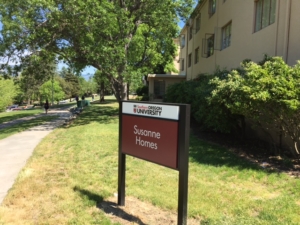 The program – LOGOS Scholars Academy – will offer college-credit coursework at no cost to the charter school’s students. Its office will be located in SOU’s Susanne Homes Hall, just south of the university’s Art Building and Schneider Museum of Art.
The program – LOGOS Scholars Academy – will offer college-credit coursework at no cost to the charter school’s students. Its office will be located in SOU’s Susanne Homes Hall, just south of the university’s Art Building and Schneider Museum of Art.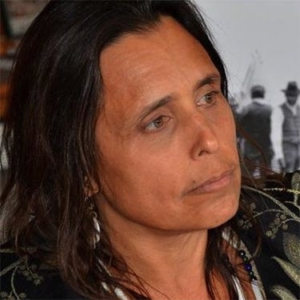 LaDuke, 57, was raised largely in Ashland and her mother – noted Oregon painter Betty LaDuke – was a member of SOU’s art faculty for 32 years.
LaDuke, 57, was raised largely in Ashland and her mother – noted Oregon painter Betty LaDuke – was a member of SOU’s art faculty for 32 years.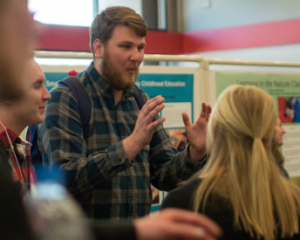 SOAR presentations – which come in a variety of shapes and sizes, ranging from 20-minute demonstrations or performances to four-day exhibitions – seek to capture SOU’s unique and inclusive spirit. This year’s topics range from microbiology to European travels, from cryonics to infection prevention, and from a pollinator walk to an Honors College trivia competition. SOU student-athletes will demonstrate skills such as shooting a basketball and getting out of the starting blocks in a sprint. There will even be a Quidditch tournament – a magical competitive sport from the world of Harry Potter.
SOAR presentations – which come in a variety of shapes and sizes, ranging from 20-minute demonstrations or performances to four-day exhibitions – seek to capture SOU’s unique and inclusive spirit. This year’s topics range from microbiology to European travels, from cryonics to infection prevention, and from a pollinator walk to an Honors College trivia competition. SOU student-athletes will demonstrate skills such as shooting a basketball and getting out of the starting blocks in a sprint. There will even be a Quidditch tournament – a magical competitive sport from the world of Harry Potter.
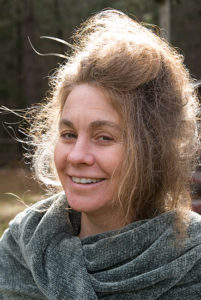 The lecture, which is free and open to the public, will be at 7 p.m. in the library’s Meese Room (room 305).
The lecture, which is free and open to the public, will be at 7 p.m. in the library’s Meese Room (room 305).
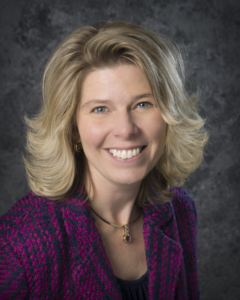 Clough has served as CEO of the Ashland hospital for the past 3 ½ years and has held management positions in health care for 25 years. In seeking appointment to the SOU board, she cited the academic and economic benefits that the university provides.
Clough has served as CEO of the Ashland hospital for the past 3 ½ years and has held management positions in health care for 25 years. In seeking appointment to the SOU board, she cited the academic and economic benefits that the university provides.